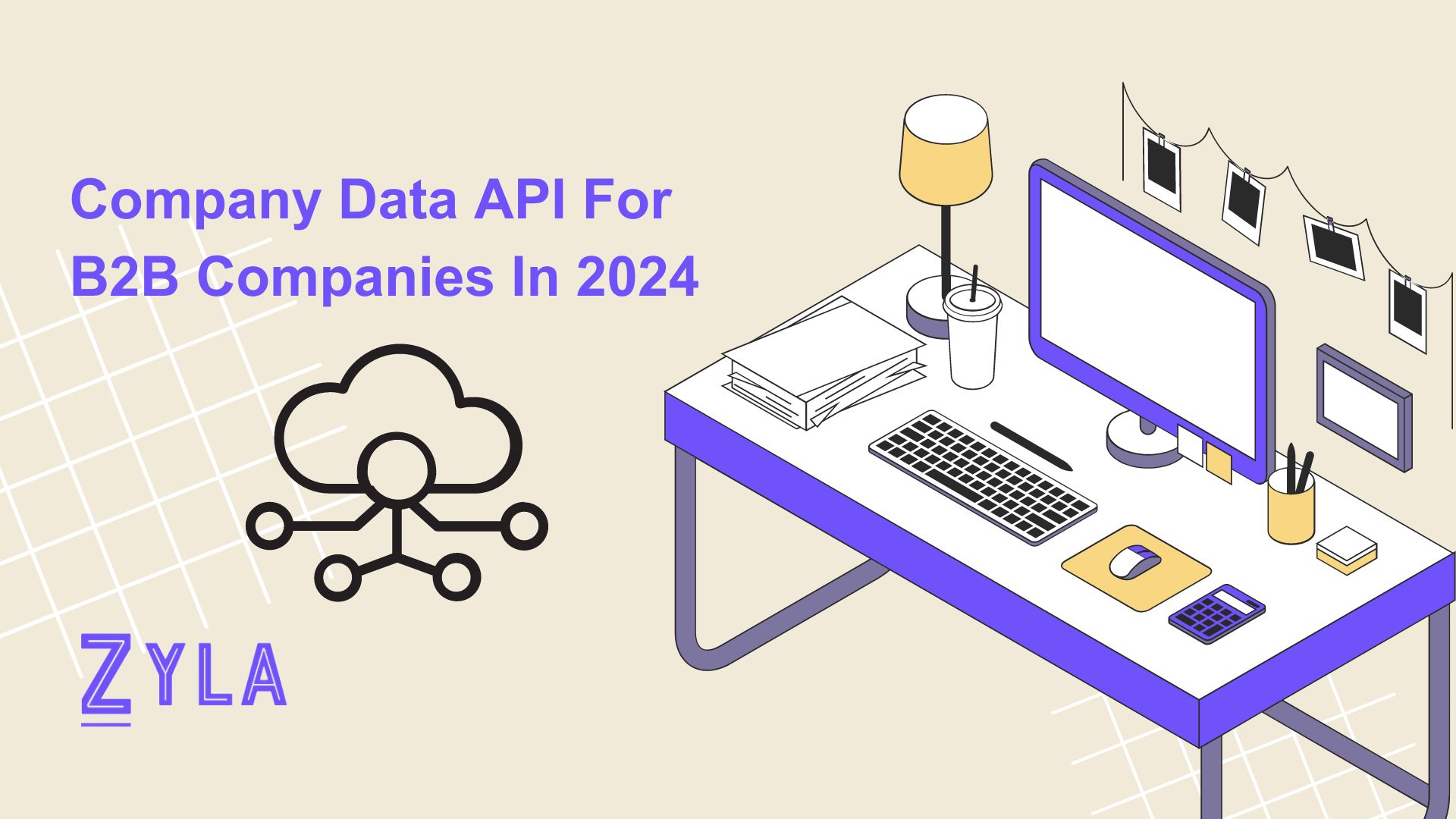Company Data API For B2B Companies In 2024

In the ever-evolving landscape of business-to-business (B2B) commerce, the integration of data has become paramount for organizations striving to stay competitive and relevant in 2024. This article delves into the evolution of B2B companies and data integration, the role of Company Data API in this transformation, and the myriad benefits it offers for these operations.
Historical Perspective of B2B Companies and Data Utilization
Historically, B2B companies relied on traditional methods for data utilization, often centered around manual processes, spreadsheets, and fragmented databases. While these methods served their purpose, they were inherently limited in scalability, efficiency, and accuracy, hindering the full potential of data-driven decision-making.
In recent years, there has been a notable shift towards data-centric strategies in B2B operations. Recognizing the immense value locked within their data assets, companies have begun to prioritize data integration, analytics, and insights as core components of their business strategies. This shift is driven by the increasing complexity of their ecosystems, evolving customer expectations, and the rise of digital technologies.
At the forefront of this transformation is the Company Data API. Serving as a bridge between disparate data sources and systems, these APIs empower B2B companies to access, integrate, and leverage vast amounts of company-related data with ease and efficiency. By providing a standardized interface for data exchange, these APIs catalyze innovation, collaboration, and value creation across B2B ecosystems.
Leveraging a Comprehensive Company Data API
B2B companies can harness the power of Company Data APIs to gain comprehensive insights into their customers, including company profiles, industry segments, buying behaviors, and preferences. This granular level of understanding enables targeted and personalized engagement strategies, fostering stronger relationships and driving customer loyalty.
By analyzing data obtained through a Company Data API, B2B organizations can identify emerging trends, market demands, and customer pain points. Armed with this knowledge, companies can tailor their products and services to address specific client needs and preferences, thereby increasing customer satisfaction and market competitiveness.
Zyla API Hub
Zyla was established due to the realization that developers face similar difficulties when integrating different APIs into their apps. They want to remove these obstacles by creating an API hub that offers a single account, API key, and SDK. In order to benefit developers by making the available APIs known and expediting the release of new ones, Zyla made the decision to make its center publicly accessible.
1) To start testing, choose the API from your dashboard. To access the API's own homepage, just click on its name. All of the API's documentation, endpoints, and usage guidelines are available on this page.
2) Activating an API subscription is the first step towards conducting tests. Take advantage of every single seven-day free trial that is provided. It's crucial to remember that there will only be one hub API available during the trial period. Every hub API includes a test function. There is a testing area on the API page. Select "Test Endpoint" from this menu, then change the parameters as needed.
3) Visit the website to view the test results. You can evaluate the usability and usefulness of the API solution for your project by finding out more. Remember that you are losing some of your subscription each time you use an API request for testing.





